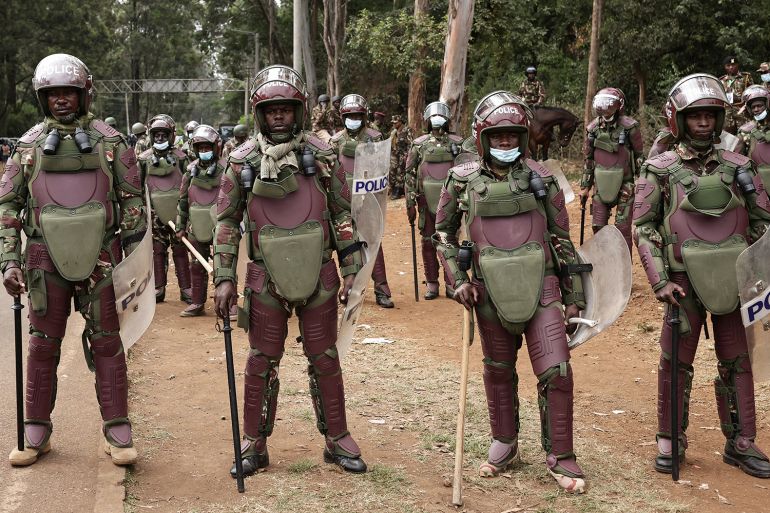
Kenya declared on Thursday that it would refrain from deploying its police to Haiti unless the UN-backed multinational mission receives full funding from member states of the world body.
Interior Minister Kithure Kindiki mentioned that the provisional budget for the one-year deployment, aimed at restoring calm in the gang-plagued Caribbean nation, is $600 million, subject to a final review.
“The resources for this mission will be arranged or mobilised among the member states of the United Nations,” Kindiki told a parliamentary committee.
“Unless all resources are mobilised and availed, our troops will not leave the country.”
In early October, the UN Security Council granted approval for the Kenya-led mission to assist the overwhelmed Haitian police in combating widespread gang violence.
Kenya has expressed readiness to contribute up to 1,000 personnel, and according to Kindiki, 11 countries have pledged support for the mission, although he did not disclose their names.
“We are not sending an occupation force, we are sending a force to support the already existing structures in that country based on their request,” he added.
A Kenyan court has issued an order preventing the government from dispatching any police until it reaches a decision on a petition challenging the deployment.
The Nairobi High Court is deliberating on a case filed by opposition politician Ekuru Aukot, who contends that the mission is unconstitutional as it lacks support from any law or treaty.
Kindiki said preparations would continue despite the court challenge.
The High Court is scheduled for another hearing on the case on November 16, and Kenya’s parliament has yet to endorse the deployment, as mandated by law.
Kenya’s participation has faced criticism domestically, with many questioning the wisdom of engaging in such a high-risk mission.
Haiti, the poorest nation in the Western hemisphere, has experienced ongoing turmoil, marked by armed gangs seizing control of various regions and unleashing brutal violence. Additionally, the country’s economy and public health system are in a state of disarray.
